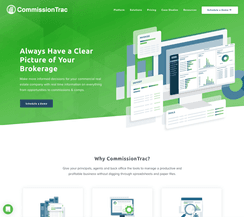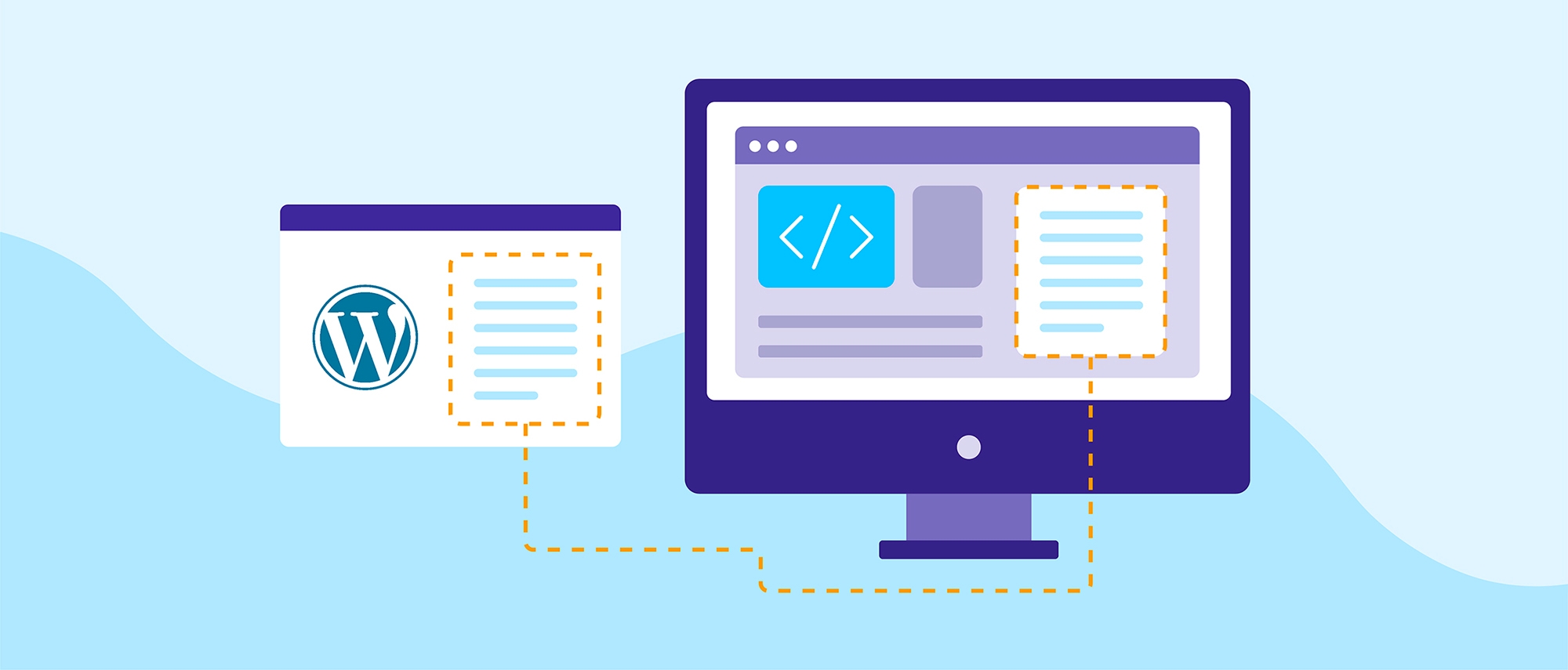It’s not a secret that Google changes its algorithm regularly. Way back in 2010, a high-ranking Google representative revealed the search giant typically introduced 350 – 400 algorithm changes every year. If that number takes your breath away, prepare to be shocked – in 2018 alone, Google made more than 3,230 improvements to its search algorithm. These constant updates and changes make website maintenance services even more critical for your site.
How many average daily changes does that equate to? Over 8.8 changes each day.
While it’s intimidating to many digital marketers to think that Google improves its algorithm once a day, let alone nearly nine times daily, it’s merely evidence that it’s vital to regularly check, maintain, and update your website regularly. Web maintenance is key to staying relevant and continuing to rank well in search engine results pages produced by Google and other search engines like Bing and Yahoo.
As an SEO, you should know that it’s not just algorithm updates that can make your website out of date overnight. Web design trends and can also make your site seem out of touch in the blink of a digital eye. If your target audience shifts or its members’ tastes change or you change your offerings, it may make your current, unmaintained website irrelevant as well.
Why Consider a Website Maintenance Plan?
How can you tell if your existing website needs the attention of our website maintenance team? If you don’t remember the last time you scheduled website or WordPress maintenance, the odds are quite good that your site is past due for some critical maintenance. The passage of time isn’t the only indicator your site needs some immediate attention, however.
Your Site Doesn’t Use HTTPS in its URLs
In today’s connected society, it’s vital that every website does what it can to protect users’ information. Even if your site doesn’t process sensitive information like credit card numbers and home addresses, you should still use HTTPS in all your URLs.
According to Google, “HTTPS helps prevent intruders from tampering with the communications between your websites and your users’ browsers.” Intruders take the form of malicious hackers and legitimate yet pushy companies like hotels that force ads on to web pages and everything in between, and it’s essential that your website is set up to protect your visitors – and their information – from all of them.
Maintaining website security doesn’t “just” build trust in the minds of your visitors. Site security is also a ranking factor for Google. If your site isn’t secure and your website isn’t using the HTTPS protocol, it’s past time to update your site. In addition to security, a website maintenance plan will help you stay current on software updates and other critical changes that affect the performance of your site.
Your Website Design Lacks Visual Appeal
When someone navigates to your website, you only have a very brief window of time to grab the person’s interest. In fact, that window is so short, it’s typically measured in milliseconds. For that reason, you’re probably missing out on conversions if your site is lacking visual appeal because you’ve failed to maintain it.
Like we mentioned earlier, new web design trends pop up from year to year and as new trends are incorporated into web design, users’ perception of what’s appealing and what isn’t changes. If your site doesn’t feature at least some of the newest design trends, its appearance may drive traffic to competing websites instead of motivating visitors to explore your webpages.
Your Website Offers a Poor UX
User experience or UX is another critical factor Google uses to rank websites in SERPs. A lot goes into UX so it can’t be overlooked by any webmaster who wants their site to be ranked favorably by search engines. One of the most important parts of UX is site and page speed.
In general, websites and webpages should load in three seconds or less, with less being preferable. If your website takes too long to load, visitors will return to their SERPs quickly, which will negatively influence where your site lands in SERPs.
How your site works across devices is another part of UX. Visitors should have the same experience with your site no matter what they’re using to view it. Having a responsive design ensures your site provides the same user experience regardless of what kind of device a person uses to interact with it. Responsive design doesn’t just guarantee that your site will work the same on existing devices like tablets and smartwatches. It ensures your website will offer the same UX on devices that haven’t even been invented yet as well.
Your Content Isn’t Meaningful, Relevant, Unique or Fresh
Like your visitors, search engines enjoy content that’s meaningful, relevant, unique and fresh. If you don’t update your website with new content regularly, it will hurt your site’s position in SERPs.
Publishing fresh content often isn’t enough, however. The material you share also needs to be meaningful and relevant to visitors. Your content needs to be unique, too. If your website shares duplicate copy with another site or between its pages, it won’t do your position in SERPs any favors.
Your CTAs Are Ineffective
Every landing page on your website needs to have a single call to action. More accurately, your landing pages need to have effective CTAs that will motivate visitors to take a precise action like share their email addresses or enter their zip code. To be effective, your CTAs should be visible, concise, specific and compelling. If your current CTAs lack those characteristics, it’s time to update your website to avoid losing leads and conversions.
Your Site Isn’t Aligned with Your Brand
If you don’t engage in website maintenance regularly, your site may fall out of alignment with your brand over time. When that happens, it can cause confusion among the members of your target audience, which can have a negative impact on trust, loyalty, and sales. If your site is no longer a seamless reflection of your brand, you should prioritize updating your website.
Setting up a Website Maintenance Plan
You don’t need to silo website maintenance into a quarterly or semi-annual activity when you can trust Double Up Digital to maintain your website on a regular basis instead. Ensure your site stays relevant by trusting the experts at our Atlanta, GA digital marketing agency with all your website maintenance needs beginning today!








